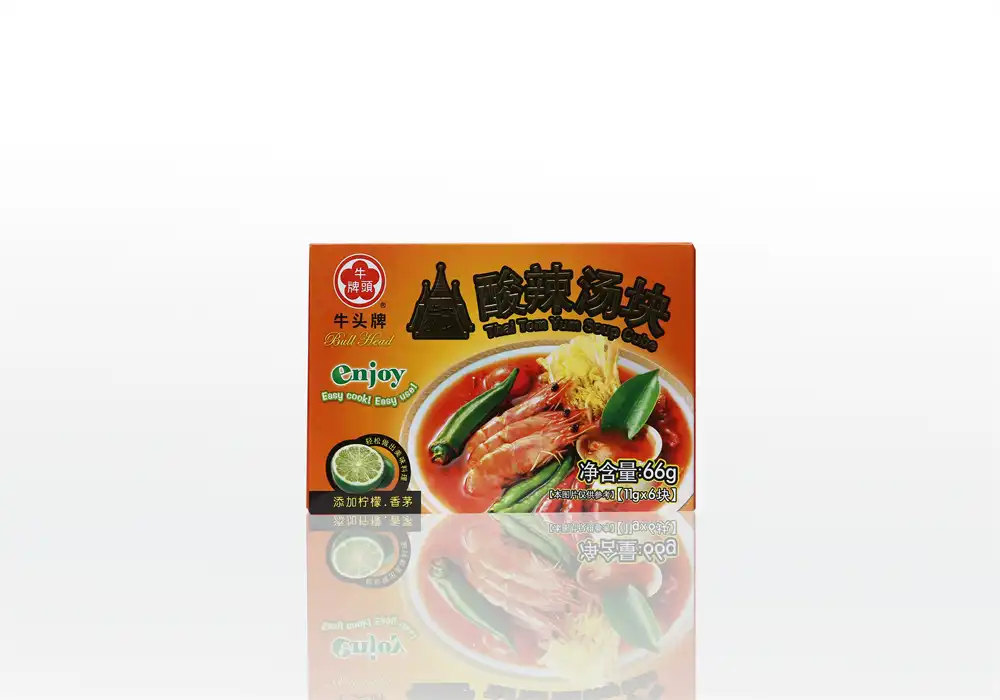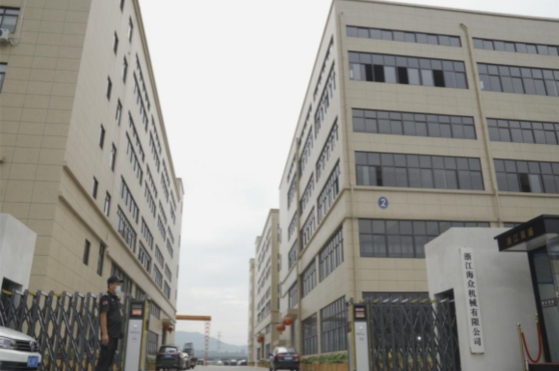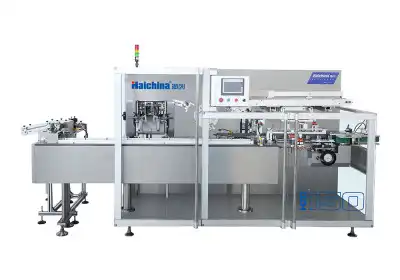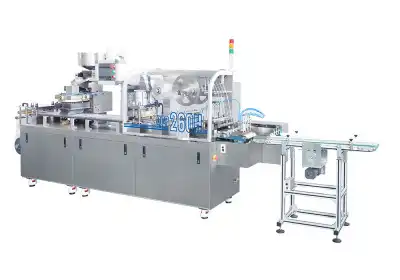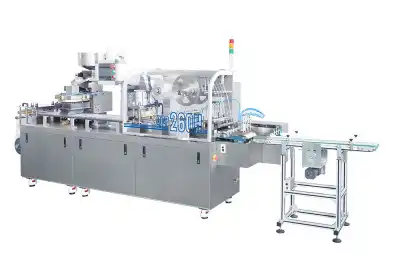Understanding Different Packaging Materials and Their Requirements
Flexible Packaging Materials
Flexible packaging materials, such as films, foils, and laminates, have gained popularity due to their versatility and cost-effectiveness. These materials require specific handling and sealing techniques to ensure proper packaging. Flow pack machines, also known as horizontal form-fill-seal (HFFS) machines, are often ideal for flexible materials. They can efficiently create pillow-style packages for a wide range of products, from snacks to pharmaceuticals.
For more delicate flexible materials, gentle handling is essential. Servo-driven machines offer precise control over material tension and sealing parameters, reducing the risk of damage during the packaging process. When dealing with heat-sensitive films, cold seal technology might be the best option, as it eliminates the need for high temperatures that could compromise material integrity.
Rigid Packaging Materials
Rigid packaging materials, including cardboard, plastic, and metal, require different machinery compared to flexible options. Cartoning machines, a type of packaging machine, are well-suited for assembling and filling cardboard boxes, often used in the pharmaceutical and cosmetic industries. These machines can handle various box styles, from simple tuck-end cartons to more complex designs with intricate closures.
For plastic containers or bottles, filling and capping machines are essential. The choice between liquid fillers, powder fillers, or combination systems depends on the product being packaged. Capping machines should be selected based on the closure type, such as screw caps, snap-on lids, or pump dispensers.
Specialty Packaging Materials
Some products require specialty packaging materials that demand unique machinery solutions. For instance, blister packaging, commonly used for pharmaceuticals and small consumer goods, requires thermoforming equipment to create the plastic blisters and sealing systems to attach them to cardboard backing.
In the case of shrink wrapping, which uses heat-shrinkable film to create a tight seal around products, specialized shrink wrap machines are necessary. These can range from L-sealers for smaller operations to fully automated shrink tunnels for high-volume production.
Evaluating Machine Capabilities and Compatibility
Speed and Throughput Considerations
When selecting a packaging machine, it's crucial to align its capabilities with your production requirements. High-speed packaging lines may be necessary for large-scale operations, while smaller businesses might opt for more modest throughput rates. Consider not only your current production needs but also potential future growth to ensure your chosen machine can scale with your business.
For example, a cartoning machine's speed can range from 30 cartons per minute for entry-level models to over 300 cartons per minute for high-end systems. Similarly, flow pack machines can operate at speeds varying from 50 to 500 packages per minute, depending on the model and configuration.
Material Handling and Flexibility
The ability of a packaging machine to handle various materials is a key consideration. Some machines are designed for specific material types, while others offer greater flexibility. Multi-material compatibility can be advantageous if you work with diverse packaging materials or anticipate changes in your product line.
Look for features such as adjustable forming shoulders in flow pack machines, which allow for quick changeovers between different film widths. In cartoning machines, tool-less changeovers and servo-driven adjustments can significantly reduce downtime when switching between different carton sizes or styles.
Integration with Existing Systems
Consider how a new packaging machine will integrate with your current production line. Compatibility with upstream and downstream equipment is essential for smooth operations. Many modern packaging machines offer modular designs, allowing for easier integration and future upgrades.
Additionally, examine the machine's control systems and their ability to communicate with your existing production management software. Industry 4.0-ready machines with advanced connectivity features can provide valuable data for process optimization and predictive maintenance.
Optimizing Packaging Efficiency and Quality
Precision and Consistency in Packaging
The quality of your packaging directly impacts consumer perception and product protection. Advanced packaging machines offer superior precision in material handling, filling, and sealing processes. For instance, servo-controlled systems in flow pack machines ensure consistent tension and sealing temperatures, resulting in uniform package quality.
In the realm of rigid packaging, high-precision cartoning machines can achieve tight tolerances in carton forming and closing, essential for maintaining a professional appearance and ensuring product integrity. Look for machines equipped with vision systems for real-time quality control, capable of detecting and rejecting defective packages before they reach the end consumer.
Minimizing Material Waste
Efficient use of packaging materials not only reduces costs but also aligns with sustainability goals. Modern packaging machines incorporate features to minimize waste, such as precise cutting systems in flow pack machines that reduce film scrap. Some machines also offer the ability to use thinner gauge materials without compromising package integrity, further reducing material consumption.
For cartoning operations, consider machines with optimized carton blank feeding systems that minimize jams and misfeeds. Additionally, look for equipment that offers easy adjustments to accommodate slight variations in material properties, reducing the likelihood of rejected packages due to minor inconsistencies.
Adaptability to Changing Market Demands
The packaging industry is constantly evolving, with new materials and formats emerging to meet changing consumer preferences and regulatory requirements. Investing in adaptable packaging machinery can help future-proof your operations. Look for machines that offer modular designs, allowing for easy upgrades or reconfigurations as your packaging needs change.
For example, a versatile cartoning machine might offer interchangeable modules for different closure types or the ability to handle both standard and sustainable carton materials. Similarly, advanced flow pack machines may provide options for easy integration of additional features like resealable zippers or degassing valves, allowing you to quickly adapt to market trends without replacing entire systems.
Conclusion
Choosing the right packaging machine based on your material is a critical decision that impacts your production efficiency, product quality, and overall competitiveness. By carefully considering the properties of your packaging materials, evaluating machine capabilities, and focusing on efficiency and quality, you can make an informed choice that aligns with your business needs. Remember that the best packaging solution often balances current requirements with future scalability, ensuring your investment continues to deliver value as your business grows and evolves.
Contact Us
Ready to find the perfect packaging machine for your materials? Contact Zhejiang Haizhong Machinery Co.,Ltd. at [email protected] for expert advice and innovative packaging solutions tailored to your specific needs.
